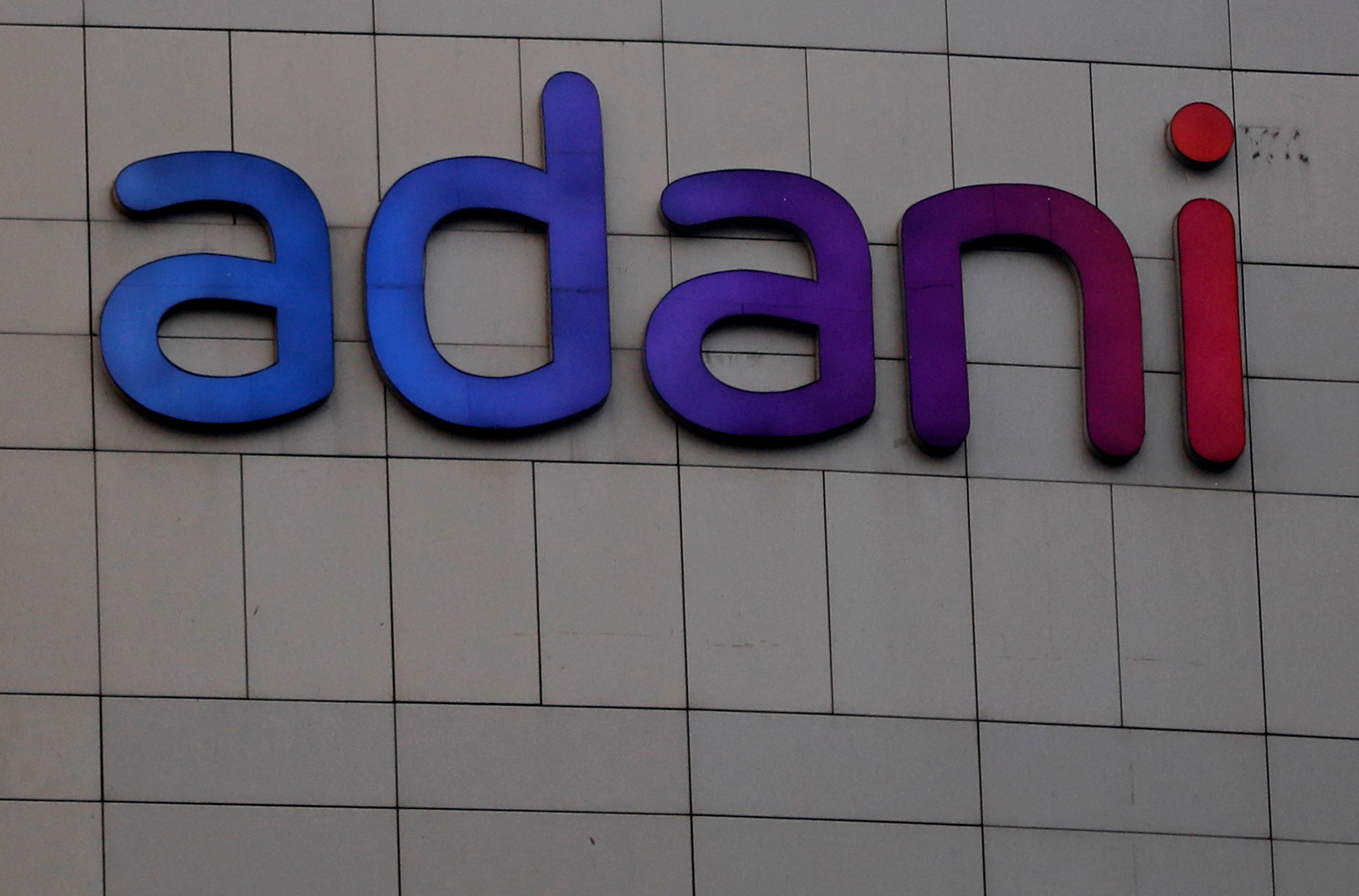“Adani: Manipulating the Market to Maximize Profits.”
How Adani Group Has Used Market Manipulation to Increase Share Prices
The Adani Group is an Indian conglomerate with interests in energy, resources, logistics, agribusiness, real estate, financial services, and defence. The group has been accused of using market manipulation to increase its share prices.
Market manipulation is a form of fraud that involves artificially inflating or deflating the price of a security. It is illegal in most countries, including India. Market manipulation can be done in a variety of ways, such as spreading false information, creating artificial demand, and engaging in insider trading.
The Adani Group has been accused of using several tactics to manipulate the market. One of the most common tactics is the use of insider information. The group has been accused of using its connections to obtain information about upcoming deals and then using that information to buy or sell shares at advantageous prices.
The group has also been accused of creating artificial demand for its shares. This is done by buying large amounts of shares and then selling them at a higher price. This creates the illusion of demand and drives up the price of the shares.
The Adani Group has also been accused of spreading false information about its shares. This is done by releasing false or misleading statements about the company’s performance or prospects. This can lead to investors buying shares in the company, which drives up the price.
Finally, the Adani Group has been accused of engaging in wash trading. This is a form of market manipulation where a trader buys and sells the same security in order to create the illusion of activity and drive up the price.
The Adani Group has denied all allegations of market manipulation. However, the allegations have raised serious questions about the group’s practices and its commitment to ethical business practices. It is important for investors to be aware of the potential risks associated with investing in the Adani Group.
The Impact of Adani Group’s Market Manipulation on Investors
Adani Group, one of India’s largest conglomerates, has been accused of market manipulation by the Securities and Exchange Board of India (SEBI). This has had a significant impact on investors, both in terms of their financial losses and their trust in the markets.
Market manipulation is a form of fraud that involves artificially inflating or deflating the price of a security. In the case of Adani Group, SEBI found that the company had engaged in manipulative trading practices in the National Stock Exchange (NSE) derivatives market. This included creating false demand for certain stocks, creating false supply for certain stocks, and creating false trading volumes.
The impact of Adani Group’s market manipulation on investors has been significant. Many investors have lost money due to the artificially inflated prices of certain stocks. Furthermore, the trust of investors in the markets has been shaken, as they now fear that they may be taken advantage of by unscrupulous companies.
In response to the allegations, Adani Group has been ordered to pay a fine of Rs. 200 crore by SEBI. This is a significant amount, and it is hoped that it will act as a deterrent to other companies who may be tempted to engage in similar practices.
In conclusion, Adani Group’s market manipulation has had a significant impact on investors. They have suffered financial losses due to the artificially inflated prices of certain stocks, and their trust in the markets has been shaken. It is hoped that the fine imposed by SEBI will act as a deterrent to other companies who may be tempted to engage in similar practices.
Exploring the Legality of Adani Group’s Market Manipulation Tactics

Adani Group, an Indian multinational conglomerate, has recently come under scrutiny for its alleged market manipulation tactics. The company has been accused of using its financial clout to manipulate the stock market and gain an unfair advantage over its competitors. This article will explore the legality of Adani Group’s market manipulation tactics and the potential consequences of such actions.
Market manipulation is a form of securities fraud that involves artificially inflating or deflating the price of a security. It is illegal in most countries, including India, and can result in severe penalties for those found guilty of such practices. Adani Group has been accused of using its financial resources to buy large amounts of stock in certain companies, thereby driving up the price of those stocks. This practice is known as “pump and dump” and is illegal in India.
The Securities and Exchange Board of India (SEBI) is the regulatory body responsible for overseeing the Indian stock market. SEBI has the power to investigate and prosecute those found guilty of market manipulation. In the case of Adani Group, SEBI has launched an investigation into the company’s alleged market manipulation tactics. If found guilty, Adani Group could face hefty fines and other penalties.
In addition to the potential legal consequences, Adani Group’s market manipulation tactics could also have a negative impact on its reputation. The company has been accused of using its financial resources to gain an unfair advantage over its competitors. This could lead to a loss of trust in the company and could damage its reputation in the long run.
In conclusion, Adani Group’s alleged market manipulation tactics are illegal and could result in severe penalties if the company is found guilty. The company could also face a loss of trust and damage to its reputation if its practices are found to be unethical. It is important for companies to be aware of the legal and ethical implications of their actions in order to avoid such consequences.
How Adani Group’s Market Manipulation Tactics Have Changed Over Time
The Adani Group is an Indian conglomerate that has been accused of market manipulation tactics over the years. These tactics have changed over time as the company has grown and evolved.
In the early days of the Adani Group, the company was accused of using insider trading to manipulate the stock market. This involved buying and selling shares of the company at advantageous prices, often with the help of privileged information. This allowed the company to make large profits at the expense of other investors.
In recent years, the Adani Group has been accused of using more sophisticated tactics to manipulate the market. These tactics include front-running, which involves buying and selling stocks ahead of large orders to take advantage of the price movements. The company has also been accused of using high-frequency trading to take advantage of small price movements in the market.
The Adani Group has also been accused of using dark pools to manipulate the market. Dark pools are private trading platforms that allow traders to buy and sell stocks without the knowledge of the public. This allows the company to buy and sell stocks without the market being aware of their activities.
Finally, the Adani Group has been accused of using derivatives to manipulate the market. Derivatives are financial instruments that allow traders to speculate on the future price of a stock. By using derivatives, the company can take advantage of price movements without actually owning the stock.
Overall, the Adani Group has been accused of using a variety of market manipulation tactics over the years. As the company has grown and evolved, these tactics have changed and become more sophisticated. It is important for investors to be aware of these tactics and to be vigilant in order to protect their investments.
Analyzing the Effectiveness of Adani Group’s Market Manipulation Strategies
Adani Group is one of India’s largest conglomerates, and its market manipulation strategies have been the subject of much debate. In recent years, the company has been accused of using various tactics to manipulate the stock market in order to increase its profits. This article will analyze the effectiveness of Adani Group’s market manipulation strategies and discuss the potential implications for investors.
Adani Group has been accused of using a variety of tactics to manipulate the stock market. These tactics include buying large amounts of stock in order to artificially inflate the price, selling large amounts of stock to drive the price down, and using insider information to gain an advantage in the market. These strategies are often used to create a false impression of the company’s performance and to manipulate the stock price.
The effectiveness of Adani Group’s market manipulation strategies is difficult to measure. On the one hand, the company has been able to increase its profits by manipulating the stock market. On the other hand, these strategies can be risky and may lead to losses if the market turns against the company. Furthermore, these strategies can be seen as unethical and may lead to legal action from regulators.
The potential implications of Adani Group’s market manipulation strategies for investors are also worth considering. While the company may be able to increase its profits in the short term, investors should be aware that these strategies can be risky and may lead to losses in the long term. Furthermore, investors should be aware that these strategies may be seen as unethical and may lead to legal action from regulators.
In conclusion, Adani Group’s market manipulation strategies have been effective in increasing its profits in the short term. However, these strategies can be risky and may lead to losses in the long term. Furthermore, these strategies may be seen as unethical and may lead to legal action from regulators. Investors should be aware of the potential risks and implications of these strategies before investing in Adani Group.
Conclusion
The Adani Group has been accused of manipulating the share market in order to benefit their own interests. They have been accused of using insider information to buy and sell shares at advantageous prices, as well as using their influence to manipulate the stock prices of their own companies. The Adani Group has also been accused of using their political connections to gain access to privileged information and to influence the decisions of regulators. While the Adani Group has denied any wrongdoing, the allegations of market manipulation remain a serious concern. It is important that regulators and investors remain vigilant in order to ensure that the markets remain fair and transparent.

